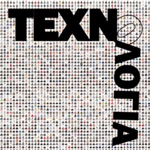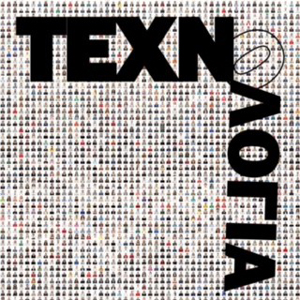That’s why we are so fascinated by technology, Martin Hieslmair, δημοσίευση Ars Electronica Blog [7/12/2022]

We experiment, develop and tell stories with technology. The first part of Ars Electronica’s 2022 Year in Review shows how.
How does a tool actually come into being? Do we already have the exact idea of it at the beginning or is it rather a trial and error, a step-by-step approach to a tool that perhaps already leads to the next step or even the next tool? Or can the new tool perhaps be used for other purposes, or in combination with others? Technology has inspired us as a platform for art, technology, and society for over 40 years – over four decades in which major changes have taken place in all three of our subject areas.
The year 2022 was not just another year in this historic series. We have tested, experimented, created new things, changed existing things, been inspired by others, taken up and discarded many ideas, collaborated with partners, discussed and listened, told about ourselves, told about others, supported, received help, worked together. Whether at home in Linz, Austria, in Berlin, Dubai or other parts of the world – with international artists and scientists, and with cooperation partners and clients such as Wacom Inc, Siemens Healthineers, ZEISS, Nikkei Inc, BMW, Cisco or Rosenbauer.
We experiment with technology – trying out new things and combining them creatively
The wing of the grand piano is open. Several cables protrude from the keyboard instrument, bundle together on the floor to form a cable harness, and finally meet in a mixing console a little distance away. It has become quiet in the room, the audience is eagerly waiting for the beginning. The pianist enters the stage and even before he sits down, the piano begins to play by itself. Only a few bars later, he also starts playing with his hands. The encounter between technology and humans develops into an inspiring musical concert. On one side: artificial intelligence, which needs data material to be able to compose a piece of music, and a controller, which drives the analog piano. On the other side sits Ali Nikrang, an artist and researcher at the Ars Electronica Futurelab. He’s behind the idea of “Sounding Letters“-a project he and his team presented in the Ars Electronica Center’s Deep Space 8K.
Η συνέχεια εδώ.





